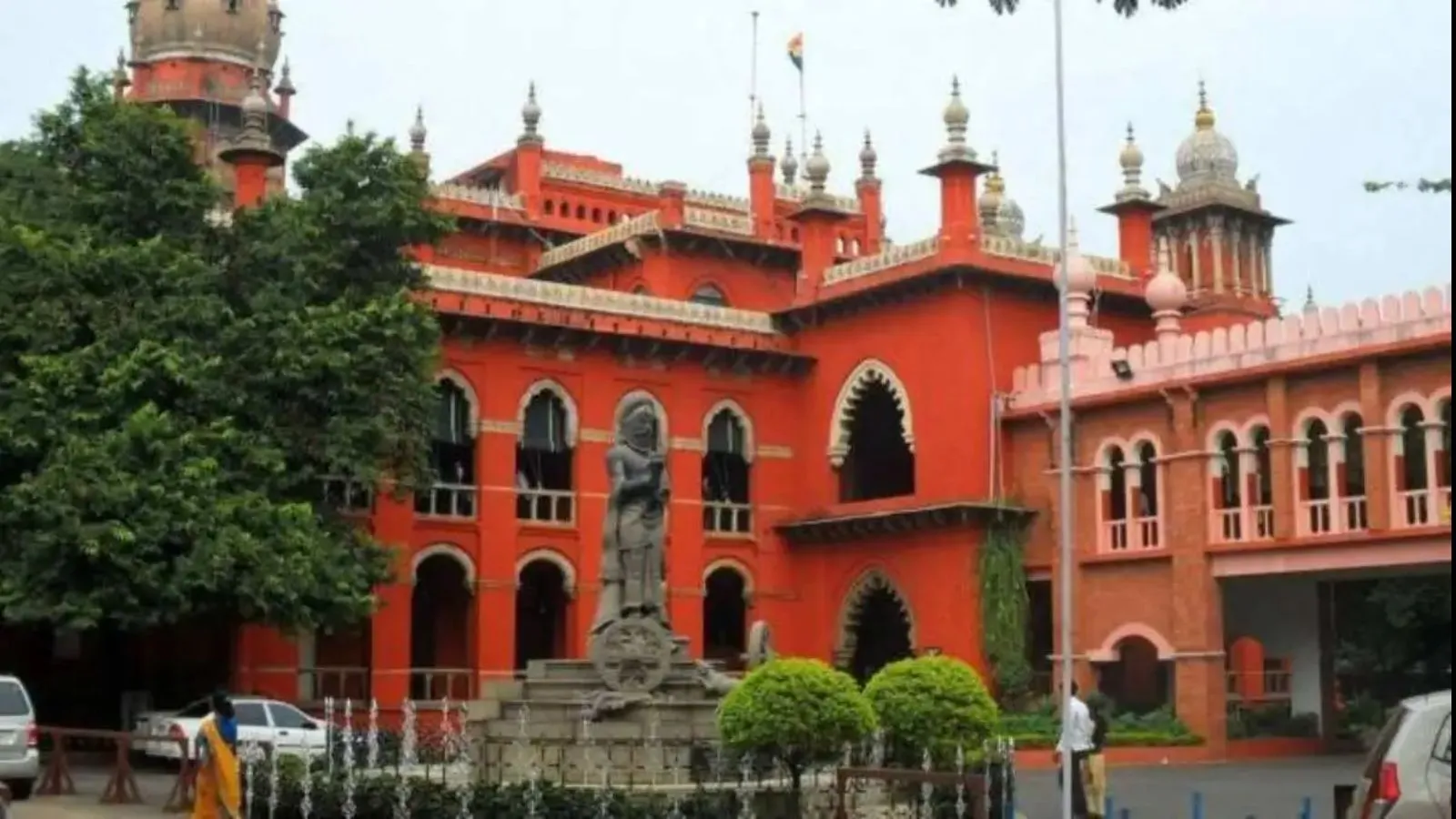


The Madras High Court recently underscored the responsibility of both the Central and State governments in overseeing the enforcement of the Sexual Harassment of Women at Workplace (Prevention, Prohibition, and Redressal) Act of 2013 (POSH Act), along with maintaining comprehensive data on the number of complaints filed and disposed of.The division bench of Chief Justice Sanjay V. Gangapurwala and Justice J. Sathya Narayana Prasad highlighted Section 23 of the Act, which mandates the Centre to oversee workplaces under its ownership, financing, or control, while the State government is tasked with monitoring all other workplaces.The bench stressed, "The appropriate government is obligated to adhere to the law's mandate. In the event of negligence, aggrieved individuals have the right to lodge complaints with the relevant authority and seek redressal."Court observed so while adjudicating upon a public interest litigation (PIL) petition filed by R. Karuppusamy seeking suitable directions to the District Officers to ensure the constitution and functioning of the Internal Complaint Committee in all the Mills, Factories, and other workplaces in all the districts in Tamil Nadu. He also sought constitution of Local Complaints Committee in every District in accordance with Sections 4 and 6 respectively of the POSH Act.Apart from that, Karuppusamy further sought a direction to the respondents to register and monitor the hostels run for girls and working women in accordance with the Tamil Nadu Hostels and Homes for Women and Children (Regulation) Act, 2014.The Government Advocate informed the court that the Local Complaint Committees are functioning under the control of District Officers in all the districts as per the Act of 2013 and are receiving complaints from the establishment where the Internal Complaint Committee could not be constituted because the number of workers was less than ten and the complaint was against the employer himself.Despite the apprehension expressed by Karuppusamy’s counsel that the respondent authorities may not monitor the implementation of the Act of 2013 effectively, the court disposed of the plea while referencing the statutory obligations outlined in Section 23 imposed on both the Central and State governments.
TAGS: Madras High Court Sexual Harassment of Women at Workplace Act POSH Act enforcement Central government